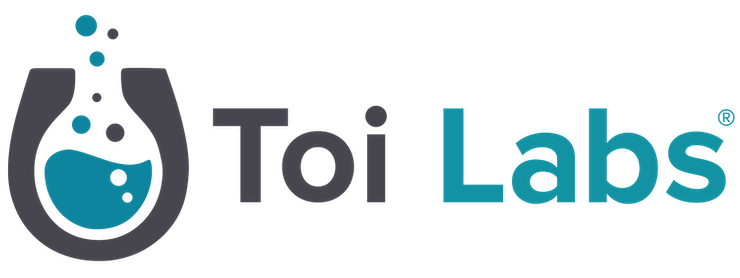Within the heart of any thriving senior living community are dedicated and compassionate staff members. However, staff burnout and morale are ongoing challenges in this sector, mainly due to high demands, emotional fatigue, and lack of support. To mitigate these issues, adopting a multifaceted strategy that focuses on communication, recognition, work-life balance, and professional development can prove highly effective.
- Open and Consistent Communication
The first step in improving morale is establishing a culture of open and consistent communication. Effective communication promotes a supportive environment where staff feel comfortable expressing their concerns and suggestions. Regular team meetings can foster a shared sense of purpose, while anonymous feedback mechanisms allow staff to voice issues without fear of repercussions.
- Recognition and Appreciation
Recognition plays a vital role in morale. Acknowledging the hard work and dedication of staff members is crucial. An effective recognition program may involve formal awards for ‘Employee of the Month,’ but it should also include day-to-day appreciation. Simple gestures such as handwritten thank-you notes or a mention in the staff newsletter can make a significant impact on morale.
- Promoting Work-Life Balance
Staff burnout is commonly linked to a lack of work-life balance. By adopting flexible work schedules, providing adequate vacation time, and encouraging regular breaks, senior living communities can help staff avoid exhaustion and maintain a healthier mental state. It’s also beneficial to provide resources for stress management and mental health, such as employee assistance programs or mindfulness sessions.
- Continuous Professional Development
Continuous professional development is a key morale booster. By investing in staff training and development, the organization demonstrates its commitment to its employees’ career progression. This could involve on-the-job training, sponsorship for further education, or opportunities to attend industry conferences. Such initiatives help staff feel valued and supported in their professional growth.
- Team Building Activities
Team building activities enhance staff camaraderie, create stronger relationships, and foster a more cohesive work environment. These activities can range from team outings, charity events, or even an in-house book club. By facilitating social connections amongst staff, these initiatives can help build a supportive community within the workplace, directly improving morale.
- Engaging Staff in Decision Making
Involving staff in decision-making processes fosters a sense of ownership and responsibility. This engagement can occur at various levels, from soliciting ideas for improving resident care to strategic planning. The inclusion in decisions demonstrates respect for staff expertise and contributes to a positive workplace culture.
To conclude, improving staff morale and reducing burnout in senior living communities is a multifaceted endeavor. It requires an empathetic understanding of staff challenges and proactive efforts to create a supportive and enriching work environment. By focusing on open communication, recognition, work-life balance, professional development, team-building activities, and staff engagement in decision-making, senior living communities can greatly improve staff morale and significantly reduce burnout, leading to better care for their residents.
